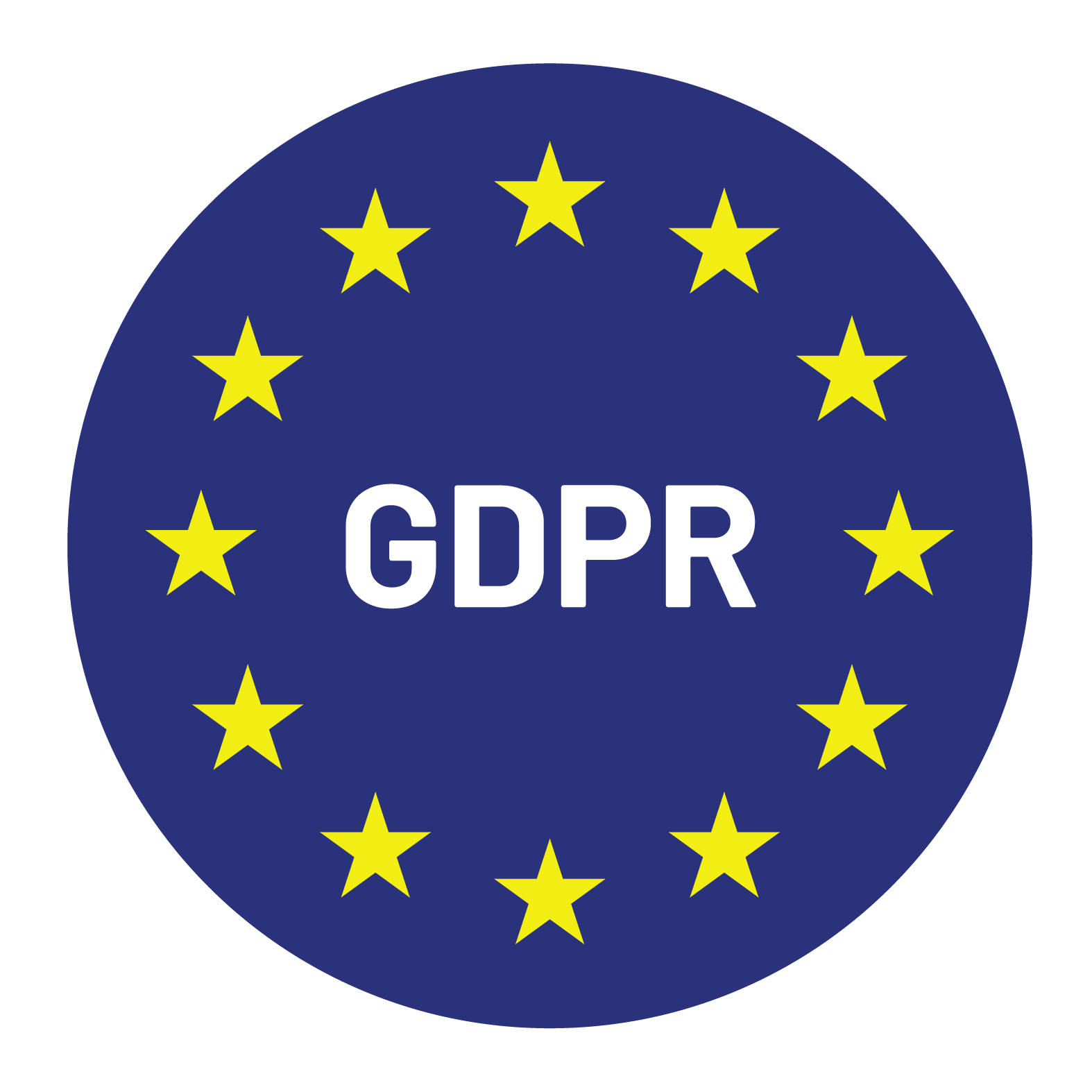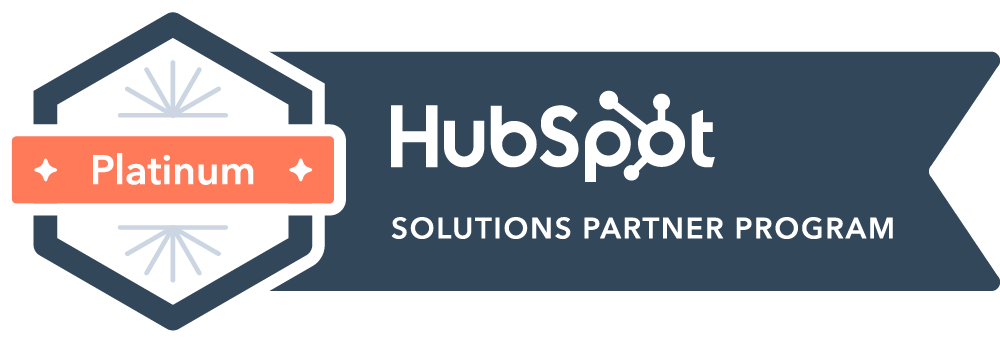

Content Writer for Whistle with multidisciplinary experience spanning over a decade.
Inbound leads are often seen as the easiest win in a sales pipeline. The interest is there, the door is open, and the sales team just needs to step through. But for many cybersecurity companies, that assumption doesn’t hold up. Inbound doesn’t automatically convert, especially in long, technical sales cycles where follow-up is weak, qualification is unclear, and accountability is scattered.
That’s the position Argus Cyber Security found itself in.
Despite being one of the leading cybersecurity companies in the automotive sector, Argus was seeing minimal return from its inbound funnel. The business had invested in content and awareness, and it was reaching the right prospects. But interest wasn’t translating into revenue.
Whistle was brought in to test a new approach. Throughout a pilot campaign, we implemented a structured lead qualification model, increased sales activity, and created visibility where previously there had been guesswork. The result was a 41X ROI, and a sales process the Argus team could build on long after the campaign ended.
Here’s how it worked.
Argus Cyber Security protects connected vehicles from external threats, serving global automotive manufacturers and suppliers. The company is based in Israel, operates across North America and Europe, and has grown steadily with the rise of software-defined vehicles and evolving cyber regulations.
Before the Whistle engagement, Argus was generating inbound leads across a mix of marketing channels, but its internal team was struggling to move those leads through the funnel. The leadership team sought to determine if outside support could enhance performance and also serve as a benchmark for internal process improvement.
Inbound leads were being qualified, but they weren’t converting. Over the previous year, Argus had won just two deals out of 83 qualified leads. That conversion rate wasn’t just inefficient, it created uncertainty in forecasting and put pressure on the rest of the funnel to overperform.
At the time of engagement, the only outbound motion was email. No calls were being made. That constraint had a direct impact on follow-up effectiveness. Without direct outreach, many promising conversations simply never progressed.
Internally, there was no clear framework for who owned what. SDRs and AEs weren’t working from a shared definition of qualification, and pipeline visibility was inconsistent. Argus wanted to improve handoffs, clarify roles, and track performance more effectively.
The pilot wasn’t designed to just generate meetings. It was a controlled experiment to test whether a structured, accountable SDR process could improve results and influence internal sales development.
We began by building a lead qualification model that was tailored to Argus’s sales cycle and buyer personas. Every lead was assessed against shared criteria before being passed to an AE. This created a cleaner handoff and reduced wasted time on prospects who weren’t ready to buy.
We assigned one full-time equivalent SDR team to the campaign. Their focus was to manage all lead engagement, including scoring, follow-up, and scheduling. This gave us control over execution while making it easy to measure performance and isolate variables.
Throughout the campaign, we shared detailed reporting with Argus to improve transparency. The internal team could see which leads were progressing, where follow-up was needed, and how well the process was functioning. That visibility made it easier to spot gaps and adjust in real time.
By shifting from passive follow-up to structured outreach, we were able to deliver strong outcomes quickly.
But the real impact went beyond the numbers. The project gave Argus a working model for improving its entire top-of-funnel process, one that could scale with internal resources and be adapted for future campaigns.
Once the qualification process was introduced, AEs were no longer overwhelmed with unvetted leads. They spent their time on prospects who were ready for real sales conversations, which improved deal velocity and rep productivity.
Clearer responsibilities created a more efficient system. SDRs focused on lead readiness; AEs focused on selling. This separation gave both roles more clarity and made follow-ups smoother and more consistent.
With better reporting, Argus could finally see where deals were coming from, which outreach strategies were effective, and how pipeline activity linked to revenue. This visibility helped the leadership team make more confident decisions about team structure and future investment.
One of the most important lessons from the project was that good leads still need clear qualification criteria. Without a structured process, even well-targeted inbound interest can result in wasted time and lost momentum.
Cybersecurity buyers may submit forms, download content, or request demos, but they still require engagement. Relying on email alone is rarely enough to move them forward. Calling prospects, asking the right questions, and guiding them toward next steps made a clear difference in this campaign.
The pilot allowed Argus to test a new approach without making large internal changes upfront. It provided measurable outcomes and surfaced internal gaps that could be addressed over time. That kind of test-and-learn strategy is often more effective than attempting to overhaul the sales process all at once.
“Argus is very happy with the pilot project to date. We ran an internal survey to evaluate the effectiveness of the partnership and Whistle’s impact. 83% of employees rated the project positively, citing clear benefits to our sales process.”
The Argus team now has a clearer understanding of what works and what doesn’t when it comes to managing cybersecurity sales leads. They’re better equipped to qualify interest, engage prospects effectively, and move leads toward close.
And perhaps most importantly, they’re no longer relying on gut feel or scattered follow-up to move deals through the funnel. With structured qualification and clear ownership in place, they’ve built a system that’s not just high-performing but repeatable.
If your inbound leads aren’t translating into sales opportunities, it’s worth asking whether the issue is volume or process. Whistle helps leading cybersecurity companies turn attention into outcomes through targeted SDR campaigns that focus on clarity, precision, and measurable progress. Get in touch to learn more about how we work.


© Copyright – Whistle 2023